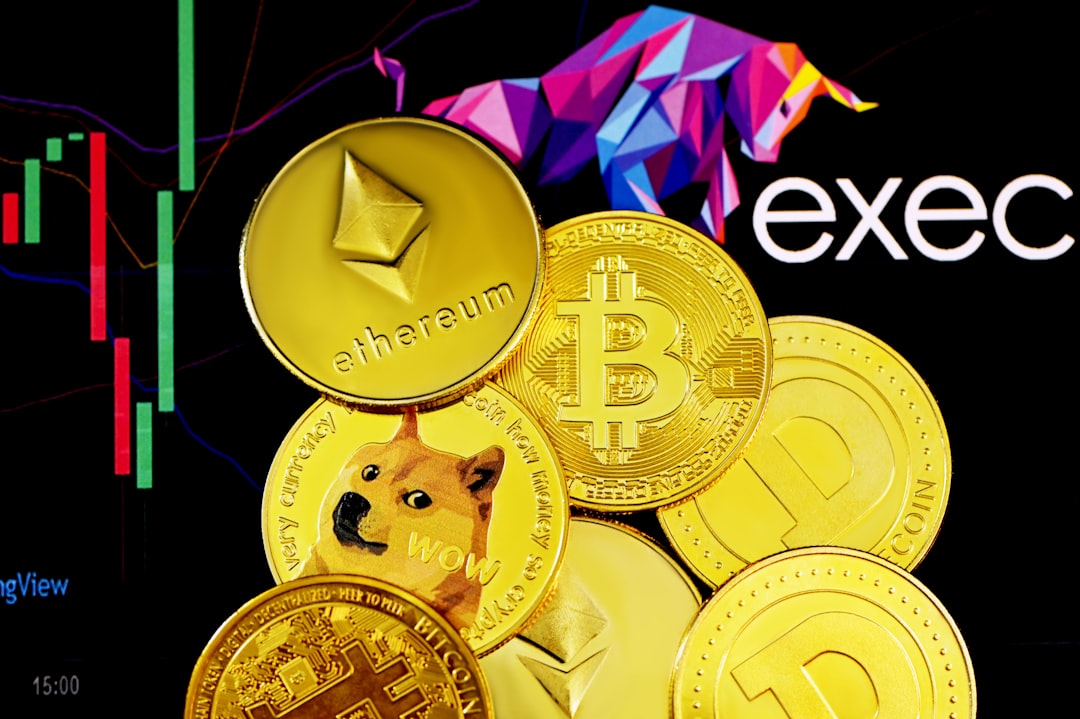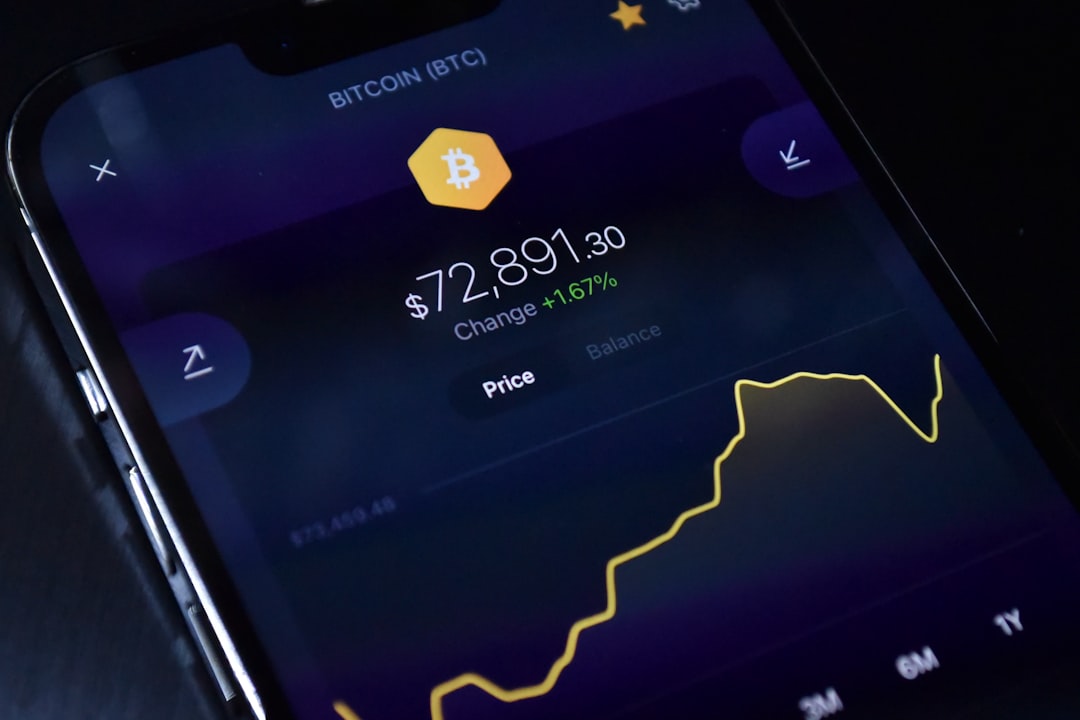As cryptocurrency becomes increasingly mainstream, Bitcoin continues to dominate the digital asset space. For Australian investors looking to diversify their portfolios or explore emerging financial technologies, Bitcoin presents both opportunities and risks. However, navigating this volatile market requires a careful understanding of several critical factors. Below are the top five considerations every Australian investor must know before buying Bitcoin.
1. Regulatory Landscape and Taxation
One of the most important factors to understand is the regulatory environment in Australia. Bitcoin and other cryptocurrencies are legal, but they fall under strict regulatory scrutiny. The Australian Transaction Reports and Analysis Centre (AUSTRAC) monitors crypto exchanges to prevent money laundering and financing of terrorism.
Moreover, the Australian Taxation Office (ATO) treats Bitcoin as property and not as currency. This means that capital gains tax (CGT) applies when you sell, trade, gift, or convert Bitcoin into fiat currency. It’s essential to maintain detailed records of transactions to ensure compliance and ease up your annual tax reporting.
2. Market Volatility and Risk Management
Bitcoin is notorious for its price volatility. Price swings of over 10% in a single day have been witnessed, which could drastically alter your investment value. While volatility presents trading opportunities, it also brings considerable financial risk. Investors exploring alternative funding methods increasingly buy Tether with PayPal to maintain stable value during Bitcoin’s price fluctuations.
Australian investors should have a clear risk management strategy in place which might include:
- Only investing what you can afford to lose
- Diversifying your portfolio beyond cryptocurrencies
- Using stop-loss orders and portfolio rebalancing techniques
Smart investing begins with understanding that Bitcoin should not make up an unreasonably large portion of your investment holdings.

3. Security of Digital Assets
Unlike traditional bank accounts, the security of your Bitcoin largely depends on your own actions. This includes choosing secure wallets and exchanges, enabling two-factor authentication (2FA), and being aware of phishing schemes.
There are three main types of crypto wallets to choose from:
- Hot wallets: Connected to the internet; more convenient but less secure
- Cold wallets: Offline storage like hardware wallets; highly secure
- Custodial wallets: Provided by exchanges but rely on third-party security
To minimise risks, Australian investors should opt for hardware wallets or reputable exchanges regulated by AUSTRAC.
4. Choosing the Right Cryptocurrency Exchange
Not all crypto exchanges are created equal. Australian investors must evaluate an exchange based on security features, reputation, fees, and ease of use. More importantly, ensure that the exchange is registered with AUSTRAC to guarantee a degree of regulatory compliance.
Some well-known exchanges in Australia include:
- Swyftx
- CoinSpot
- Digital Surge
- Binance Australia
Avoid using offshore or unregulated exchanges, as these come with elevated risks of fraud or loss of funds.

5. Long-term Outlook and Investment Goals
Finally, before purchasing Bitcoin, you need to define your investment timeline and goals. Are you looking to make short-term gains through trading, or do you believe in Bitcoin’s long-term value as a store of wealth or hedge against inflation?
Bitcoin’s adoption continues to grow, with institutional interest and mainstream acceptance increasing steadily. However, the market remains speculative. Having a clear purpose — whether it’s achieving financial independence, diversifying investment, or exploring new technology — will help guide your investment choices and reduce impulsive decisions.
Additionally, keep an eye on macroeconomic trends such as interest rates, inflation, and global market developments, as these often influence cryptocurrency values.
Stay Informed and Proceed with Caution
In conclusion, while Bitcoin offers compelling investment opportunities, Australians must approach with due diligence. Think long-term, continually educate yourself, and stay updated with the fast-changing digital asset landscape. By understanding and addressing the above factors, you’ll be in a better position to navigate this complex but potentially rewarding market.


